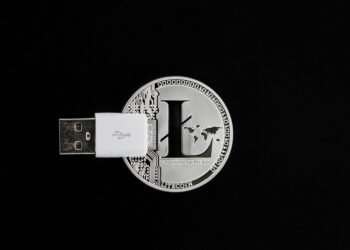The real estate industry is one of the oldest and most traditional sectors of the economy. However, with the rapid advancement of technology, there are now new and innovative ways to conduct transactions in the real estate market. One such technology that is transforming the industry is smart contracts.
Smart contracts are self-executing contracts with the terms of the agreement directly written into lines of code. These contracts are programmed to automatically execute when specific conditions are met, eliminating the need for intermediaries such as lawyers or brokers. This not only saves time and money but also reduces the risk of fraud and human error.
In the real estate industry, smart contracts have the potential to revolutionize the way transactions are conducted. One of the key benefits of using smart contracts in real estate deals is the increased efficiency in the process. By automating tasks such as property title transfers, escrow payments, and lease agreements, smart contracts can significantly reduce the time it takes to complete a transaction.
Moreover, smart contracts can also help to streamline the due diligence process by securely storing all relevant documents and verifying the authenticity of these documents through blockchain technology. This ensures that all parties involved in the transaction have access to accurate and up-to-date information, minimizing the risk of disputes and misunderstandings.
Another advantage of using smart contracts in real estate transactions is the increased transparency and security they provide. Since all transactions are recorded on a decentralized ledger, there is a reduced risk of tampering or manipulation of data. This not only instills trust in the transaction but also helps to prevent fraudulent activities.
Furthermore, smart contracts can also make real estate investments more accessible to a wider range of investors. By tokenizing real estate assets and creating digital securities that can be traded on blockchain platforms, investors can easily buy and sell fractional ownership of properties without the need for intermediaries.
In conclusion, smart contracts have the potential to unleash a wave of innovation in the real estate industry. By automating and securing transactions, streamlining processes, and increasing transparency, smart contracts can unlock new opportunities for both buyers and sellers in the real estate market. As the technology continues to evolve, it is essential for real estate professionals to embrace and adapt to the changes brought about by smart contracts in order to stay competitive in the digital age.








